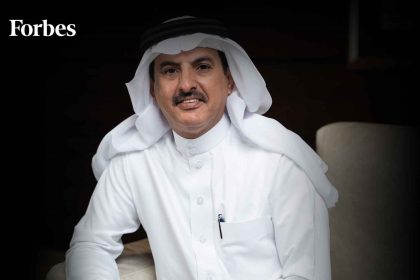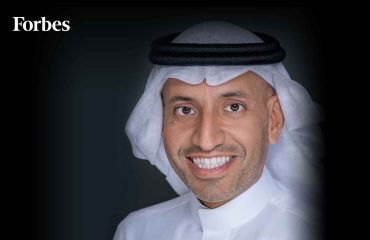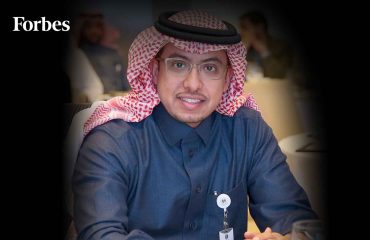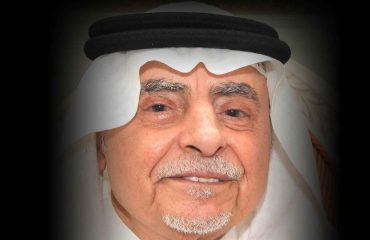
Eng. Saif S. AlQahtani, President and CEO of the King Salman Energy Park (SPARK), discusses energy supply chain investments in Saudi Arabia. What are the key challenges facing the energy sector in Saudi Arabia as we approach 2021?
We face a two-fold responsibility of driving domestic economic diversification by localizing goods and services, as well as being a cornerstone of global energy supply. To meet this end, enabling the right environment to further attract foreign investors has become our paramount goal. SPARK is a fully integrated energy ecosystem that serves as a gateway for investors to the world’s energy sector. Our offerings are designed to be a one-stop-shop solution to support ease of doing business beyond regional and global borders, bolstered by full port facilities and rail links connecting us logistically to regional and world markets.
It has been forecasted that FDI in SPARK will exceed $2 billion in the next two years. What role does SPARK have in the development of the energy sector in Saudi and why should investors look here?
SPARK is strategically located at the heart of Saudi Arabia’s energy production, adjacent to the world’s largest energy and petrochemicals operators. We have invested heavily in laying a strong energy-centric foundation for investors to save time and money, reducing the risk in doing business. From leveling land to building best-in-class power, water, gas and ICT infrastructure, right up to the boundaries of a tenant’s plot, we have eliminated risks imposed upon investors’ capital by having to account and provide for the development of the utilities and infrastructure required to commence operations. SPARK tenants will benefit from excellent rail and road connections and a dry port, which shorten the lead-time for importing and exporting goods. Our tenants will be part of a vibrant ecosystem that supports talent development, innovation, and small enterprise growth.
Having an affordable, reliable and accessible energy supply has been highlighted as a key goal for the global energy sector in the run-up to the G20 summit. In your opinion what are the actions that G20 governments must take in order to achieve this ambitious objective?
Saudi Arabia is proposing a circular carbon economy as an innovative framework for sustainable development. We will identify sustainable technologies complementary to the hydrocarbon industry, and the development of these technologies will be encouraged. This approach supports our drive to achieve a reduction in global carbon emissions and simultaneously provide an affordable, reliable, and accessible investment environment that is in line with the global community’s commitment to ensure the stability of energy supply.
With the global oil market still in recovery, international governments and agencies have suggested extending the reduction of oil production to more than two years. What impact is COVID-19 having on SPARK’s development plans and how do you see the future unfolding?
The short-term impact has not been substantial. Like others, we assessed our supply chain, keeping certain construction projects in focus, and adapted to new working methods to ensure we are on track to deliver 100% of the first phase of the city by 2021. We secured several anchor tenants and investors towards the end of 2019 and early 2020, and the construction timeline of those facilities is also on track. In the long run, we expect energy markets to fully recover, meaning our core offerings and business plans remain relevant to the market.
What are your long-term goals for SPARK?
We are set to play a major role in the diversification of Saudi Arabia’s economy and be a catalyst of growth for local, regional, and global organizations. By localizing the energy value chain, we will continue to attract FDI into the country and contribute to GDP growth, creating diverse employment opportunities. We continue to build sustainably, with SPARK being the first industrial city in the world to gain LEED Silver certification and earmark our progress in developing an environmentally friendly, innovative, and collaborative industrial ecosystem.
Source: Forbes Middle East




